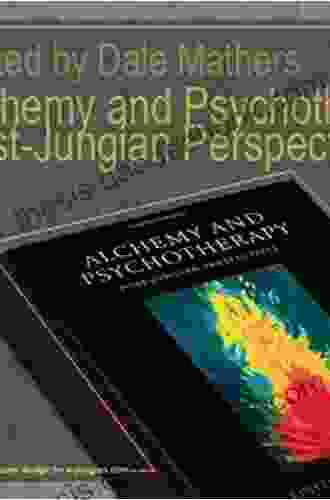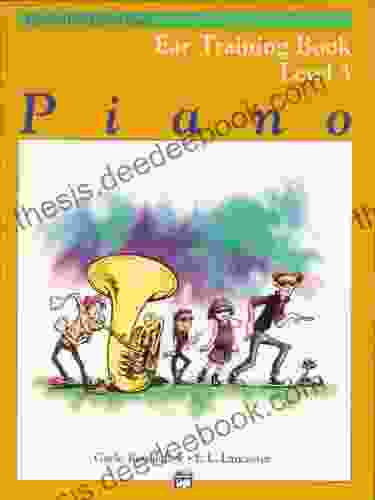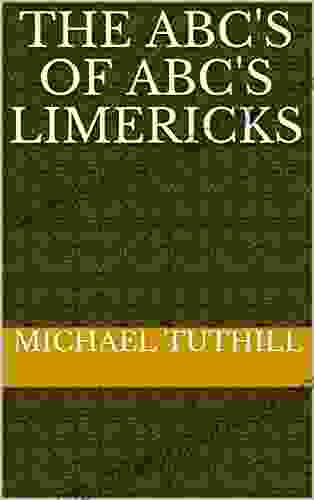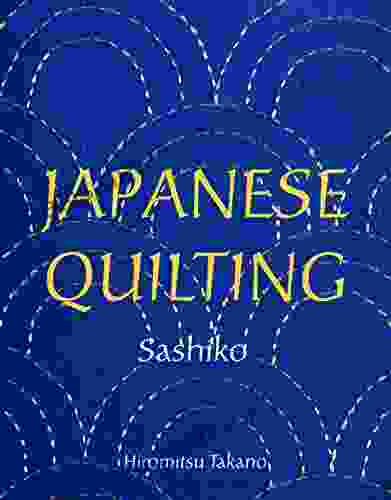Alchemy and Psychotherapy: Post-Jungian Perspectives

Alchemy and psychotherapy have a long and intertwined history. Both disciplines are concerned with the process of transformation, and both draw on the symbolism of the unconscious mind.
5 out of 5
| Language | : | English |
| File size | : | 2018 KB |
| Text-to-Speech | : | Enabled |
| Screen Reader | : | Supported |
| Enhanced typesetting | : | Enabled |
| Word Wise | : | Enabled |
| Print length | : | 310 pages |
In the early 20th century, Carl Jung developed a new approach to psychotherapy that was strongly influenced by alchemy. Jung believed that the unconscious mind is a source of wisdom and creativity, and that it can be accessed through dreams, visions, and other forms of symbolism.
Jung's work has had a profound impact on the field of psychotherapy, and many post-Jungian therapists have incorporated alchemical symbolism into their work.
One of the most important alchemical symbols is the lapis philosophorum, or philosopher's stone. The philosopher's stone is a legendary substance that is said to be able to turn base metals into gold. In alchemy, the philosopher's stone represents the goal of individuation, the process of becoming a whole and integrated individual.
Jung believed that the philosopher's stone is a metaphor for the Self, the innermost core of the personality. The Self is the source of all psychic energy, and it is the goal of individuation to become conscious of the Self and to live in harmony with it.
The process of individuation is not always easy. It can involve confronting our shadow side, our unconscious fears and desires. However, if we are willing to face our shadow, we can learn to accept and integrate it into our personality.
The process of individuation can also lead to a greater sense of self-awareness, self-acceptance, and compassion. When we are conscious of our Self, we are less likely to be swayed by external forces. We are also more likely to be able to live our lives in accordance with our own values.
Alchemy and psychotherapy are both powerful tools for transformation. By working with the symbolism of the unconscious mind, we can gain a deeper understanding of ourselves and our potential. We can also learn to heal our wounds and to live more fulfilling lives.
The Archetypes of Alchemy
The archetypes of alchemy are powerful symbols that can be found in many different cultures. These archetypes represent the basic patterns of human experience, and they can be used to understand the process of transformation.
Some of the most important alchemical archetypes include:
- The prima materia, or first matter. This is the raw material that is transformed through the alchemical process.
- The philosopher's stone. This is the goal of the alchemical process, and it represents the state of perfection.
- The anima. This is the feminine archetype, and it represents the unconscious feminine side of the personality.
- The animus. This is the masculine archetype, and it represents the unconscious masculine side of the personality.
- The shadow. This is the dark side of the personality, and it represents our fears, desires, and instincts.
- The persona. This is the mask that we wear in public, and it represents our social identity.
These archetypes can be used to understand the process of transformation on both the individual and collective levels. On the individual level, the archetypes can represent the different parts of the personality that need to be integrated in order to achieve wholeness. On the collective level, the archetypes can represent the different forces that shape our culture and society.
The Alchemical Process
The alchemical process is a symbolic representation of the process of transformation. This process involves four stages:
- The nigredo, or blackening. This is the stage of decomposition, in which the old order is broken down.
- The albedo, or whitening. This is the stage of purification, in which the old order is transformed into a new one.
- The citrinitas, or yellowing. This is the stage of illumination, in which the new order is brought to light.
- The rubedo, or reddening. This is the stage of completion, in which the new order is fully realized.
The alchemical process can be applied to any area of life. It can be used to understand the process of personal growth, the development of relationships, or the transformation of society.
Alchemy and Psychotherapy Today
Alchemy and psychotherapy continue to be closely linked today. Many post-Jungian therapists use alchemical symbolism in their work, and they find that it can be a powerful tool for facilitating transformation.
Alchemy can help us to understand the unconscious mind, to heal our wounds, and to live more fulfilling lives. It is a powerful tool for transformation that can be used by anyone who is willing to embark on the journey.
5 out of 5
| Language | : | English |
| File size | : | 2018 KB |
| Text-to-Speech | : | Enabled |
| Screen Reader | : | Supported |
| Enhanced typesetting | : | Enabled |
| Word Wise | : | Enabled |
| Print length | : | 310 pages |
Do you want to contribute by writing guest posts on this blog?
Please contact us and send us a resume of previous articles that you have written.
 Book
Book Novel
Novel Story
Story Genre
Genre Reader
Reader E-book
E-book Newspaper
Newspaper Sentence
Sentence Bookmark
Bookmark Bibliography
Bibliography Foreword
Foreword Codex
Codex Tome
Tome Classics
Classics Library card
Library card Narrative
Narrative Memoir
Memoir Encyclopedia
Encyclopedia Dictionary
Dictionary Thesaurus
Thesaurus Resolution
Resolution Card Catalog
Card Catalog Borrowing
Borrowing Stacks
Stacks Periodicals
Periodicals Study
Study Scholarly
Scholarly Lending
Lending Reserve
Reserve Academic
Academic Journals
Journals Reading Room
Reading Room Rare Books
Rare Books Special Collections
Special Collections Interlibrary
Interlibrary Study Group
Study Group Thesis
Thesis Storytelling
Storytelling Book Club
Book Club Textbooks
Textbooks Swapna Reddy
Swapna Reddy Thomas Barnico
Thomas Barnico Bikash Chatterjee
Bikash Chatterjee Kurt Michael Brundage
Kurt Michael Brundage Caryl Hart
Caryl Hart Francine Fabricant
Francine Fabricant Lukas Gabric
Lukas Gabric William Hill
William Hill A B Jamieson
A B Jamieson A Bandey
A Bandey Mott L L Groom
Mott L L Groom Dennis Alexander
Dennis Alexander Julie Hemment
Julie Hemment Tim Bartley
Tim Bartley Lester D Taylor
Lester D Taylor Cheryl Jerabek
Cheryl Jerabek Cornel Bonca
Cornel Bonca Miriam Neff
Miriam Neff Upendra Kumar
Upendra Kumar Dara Tomasson
Dara Tomasson
Light bulbAdvertise smarter! Our strategic ad space ensures maximum exposure. Reserve your spot today!
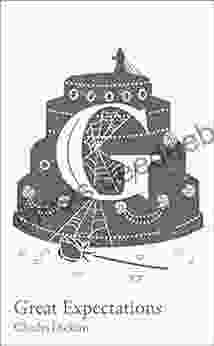
 Russell MitchellGCSE Set Text Student Edition: Collins Classroom Classics - A Comprehensive...
Russell MitchellGCSE Set Text Student Edition: Collins Classroom Classics - A Comprehensive...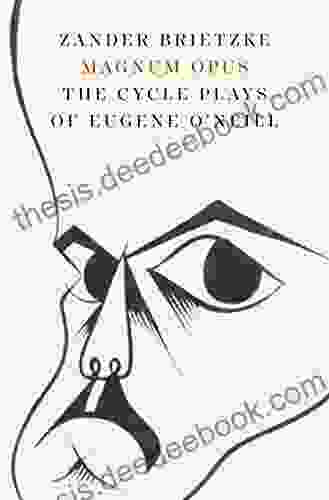
 Isaac AsimovDiving into Eugene O'Neill's Cycle Plays: A Tapestry of Human Strife, Loss,...
Isaac AsimovDiving into Eugene O'Neill's Cycle Plays: A Tapestry of Human Strife, Loss,... Quincy WardFollow ·14.8k
Quincy WardFollow ·14.8k DeShawn PowellFollow ·2.4k
DeShawn PowellFollow ·2.4k Art MitchellFollow ·16.8k
Art MitchellFollow ·16.8k Clarence BrooksFollow ·15k
Clarence BrooksFollow ·15k Jaime MitchellFollow ·3k
Jaime MitchellFollow ·3k Angelo WardFollow ·10.5k
Angelo WardFollow ·10.5k Alvin BellFollow ·2.2k
Alvin BellFollow ·2.2k Mario BenedettiFollow ·18.8k
Mario BenedettiFollow ·18.8k

 Russell Mitchell
Russell MitchellGCSE Set Text Student Edition: Collins Classroom Classics...
The GCSE Set Text Student Edition: Collins...

 Ralph Turner
Ralph TurnerSix Sigma Lean Green Belt Training for Beginners with...
What is Six...

 Travis Foster
Travis Foster10 Life-Changing Lessons I Learned When I Was Single
Being single can...
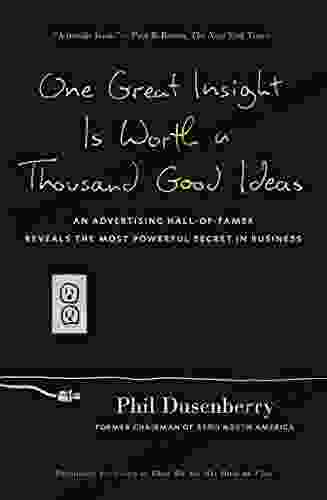
 Jermaine Powell
Jermaine PowellOne Great Insight Is Worth a Thousand Good Ideas
In the competitive and...
5 out of 5
| Language | : | English |
| File size | : | 2018 KB |
| Text-to-Speech | : | Enabled |
| Screen Reader | : | Supported |
| Enhanced typesetting | : | Enabled |
| Word Wise | : | Enabled |
| Print length | : | 310 pages |


